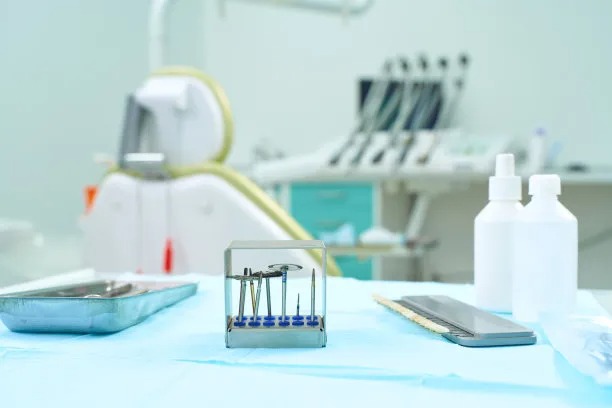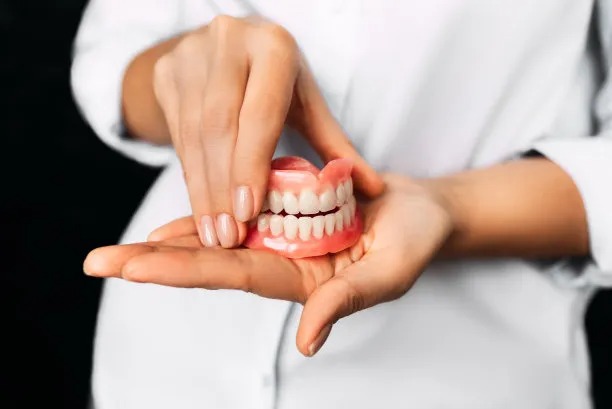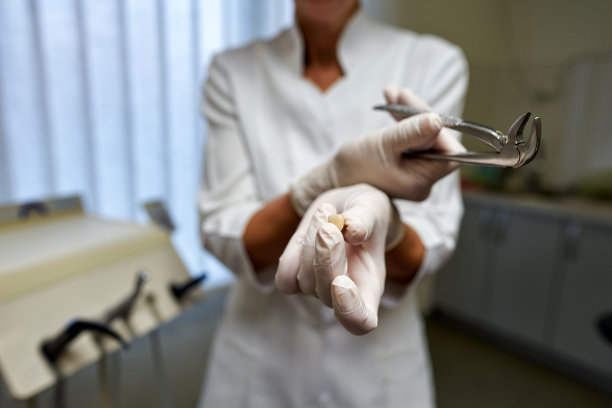Summary: Dental extraction, while often perceived with fear, plays a significant role in enhancing oral health. This process entails careful consideration and is executed for various reasons, including severe decay, crowding, and infection. Understanding when and why extractions are necessary can empower individuals to take charge of their dental health. In this article, we will explore the reasons for tooth extraction, the procedural steps involved, post-extraction care, and the psychological impact of losing a tooth. This comprehensive understanding is essential for patients to make informed decisions about their oral health.
1. Reasons for Tooth Extraction in Adults

The decision to extract a tooth often arises from several dental issues. One major reason is dental decay that has progressed beyond the point of repair. When cavities reach the inner pulp of the tooth, keeping the tooth can lead to severe infections, necessitating its removal. Prompt extraction prevents further complications that may arise from untreated decay.
Another common reason for tooth extraction is overcrowding. In situations where teeth are misaligned or too many teeth exist in one area, orthodontists may recommend extraction to facilitate corrective procedures. This is often seen in preparation for braces, allowing sufficient space for proper alignment.
Lastly, gum disease can also lead to tooth extraction. Periodontitis, a severe stage of gum disease, can cause the teeth to become unstable. When the supporting tissues deteriorate significantly, the only option may be extraction to protect adjacent teeth and overall oral health.
2. The Tooth Extraction Procedure Explained
Understanding the extraction procedure can alleviate anxiety surrounding the process. Initially, a dentist or oral surgeon will conduct a comprehensive examination, including X-rays, to assess the tooths condition and its roots. Post-evaluation, they will discuss the type of anesthesia suitable for the extraction, whether local or general, ensuring the patient remains comfortable throughout.
The actual extraction process begins with the administration of anesthesia, ensuring that the area is numb. The dentist then uses specialized tools to loosen the tooth from its socket, employing a rocking motion to release it properly. For teeth with multiple roots, sectioning them may be necessary for easier removal.
3. Post-Extraction Care for Recovery
After a tooth extraction, proper care is critical for a smooth recovery. Most dentists recommend resting for at least 24 hours post-procedure to allow the body to begin healing. Avoiding strenuous activities during this time can minimize discomfort and lower the risk of complications.
Pain management is also a crucial component of post-extraction care. Dentists often prescribe painkillers or recommend over-the-counter options to manage any discomfort effectively. Patients should follow prescribed dosage and consult their dentist if pain persists.
4. Psychological Impact of Tooth Loss
The loss of a tooth can have significant psychological effects, ranging from self-esteem issues to concerns about appearance. Many individuals may feel self-conscious about their smile and, as a result, may withdraw from social interactions. Understanding these feelings is essential for providing the necessary support to those undergoing tooth extraction.
Moreover, the fear of dental procedures can exacerbate anxiety surrounding tooth loss. Educating patients about the extraction process can help normalize their feelings and reduce anxiety. Emphasizing that it is often a necessary part of maintaining overall dental health can also be beneficial.
To address the psychological impact, patients may be encouraged to explore replacement options, such as dental implants or bridges. Having a plan in place can help alleviate some fears surrounding tooth loss and assist in visualizing a positive outcome post-extraction.
Summary: In summary, understanding tooth extraction is vital for maintaining oral health. Knowing the reasons behind the procedure, the steps involved, aftercare protocols, and the psychological ramifications can empower individuals in their dental journeys. The process may seem daunting, but informed patients can approach extraction with confidence, knowing that it contributes to better health. Dental health is an essential aspect of overall well-being, and managing it effectively can prevent future complications.
This article is compiled by Vickong Dental and the content is for reference only.
Vickong Dental
Vickong Dental is a large medical group established in Hong Kong in 2008 by professors from well-known medical universities in Guangdong and Hong Kong, as well as medical doctors from key national '985' universities (including Master's supervisors and senior professors). The chain of branches brings together expert dentists with PhDs and Master's degrees from Hong Kong and Mainland China, committed to providing high-quality dental treatment.
"Vickong Dental Practices the University Motto of 'Healing and Serving Society,' with a Stable Operation for Sixteen Years. It Has Been honored with Hong Kong Enterprise Leaders's Choice,' and is a Global Trusted Implant Center for the Nobel Implant System. Recommended by Hong Kong Metro Broadcast and Guangdong Television, it Serves Customers from Over Thirty Countries and Regions, Gaining the Trust and Favor of Citizens from the Guangdong-Hong Kong-Macau Greater Bay Area and Surrounding Cities.

Thousands of customers' unanimous praise
The most recognized and highly recommended dental service by customers in the Guangdong-Hong Kong-Macau Greater Bay Area
We Ensure You Receive Detailed Care and Attention Here
Hong Kong standards, Shenzhen prices, Your Trusted English-speaking dentists

Vickong Dental Medical-Grade Instrument Disinfection Process
Vickong Dental Medical-Grade Instrument Disinfection Process

Vickong Dental Chain: A Warm and Comfortable Environment for Treatment






Appointment Hours

Q&A
Why choose Vickong Dental?
Vickong Dental practices the university motto 「Medicine to Benefit Society」, with each branch bringing together highly qualified dentists with doctoral and master’s degrees from Hong Kong and the Mainland, and has maintained seventeen years of steady operation。Recipient of 「2024 Hong Kong Enterprise Leaders Brand」, 「2025 Hong Kong Enterprise Leaders Brand」, a Nobel Biocare Global Trusted Implant Center, and a brand recommended by Metro Radio Hong Kong and Guangdong TV。
To date, we have served customers from more than thirty countries and regions,earning exceptionally high word-of-mouth recognition and trusted recommendations from residents across the Guangdong-Hong Kong-Macao Greater Bay Area and surrounding cities
We have eight major branches in Zhuhai、Shenzhen,and a consultation and service assurance center in Hong Kong,so you can book a free consultation at any time for any questions,which is very reassuring.
If I do not accept the quotation after the CT scan, will I be charged??
No! As long as the actual treatment has not started, you will not be charged any fees.
Will there be any additional charges during the treatment process?
No, there won’t be any additional charges. Before treatment begins, we will clearly explain the treatment plan and its corresponding fees. Only after the patient agrees and signs the consent form will we proceed with the dental service.
Can I pay in Hong Kong dollars?
Yes. Vickong Dental accepts payment in Hong Kong dollars. The amount will be converted based on the exchange rate of the day, and the applicable rate will be clearly communicated to you in advance.
Can I reschedule my appointment at any time?
Yes. Please contact us via **WeChat** or **WhatsApp** as early as possible, providing your original appointment time and details, along with your preferred new date and time slot for rescheduling.













